How Can We Recycle Paper? Sustainable Disposal Guide
Recycling paper is a key part of being eco-friendly. It helps our planet greatly. With paper waste growing, knowing how to recycle is key. This…
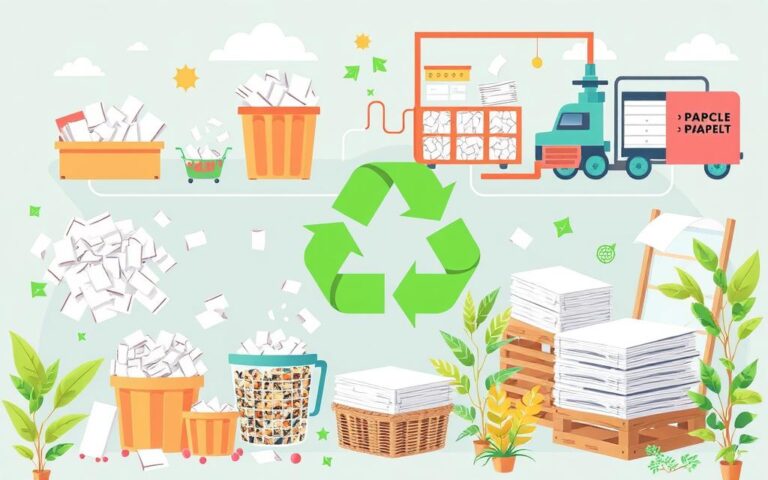
Recycling paper is a key part of being eco-friendly. It helps our planet greatly. With paper waste growing, knowing how to recycle is key. This…

Recycling books is key for anyone keen to be green. Every year, over 16,000 truckloads of new books are thrown away. By recycling, we not…
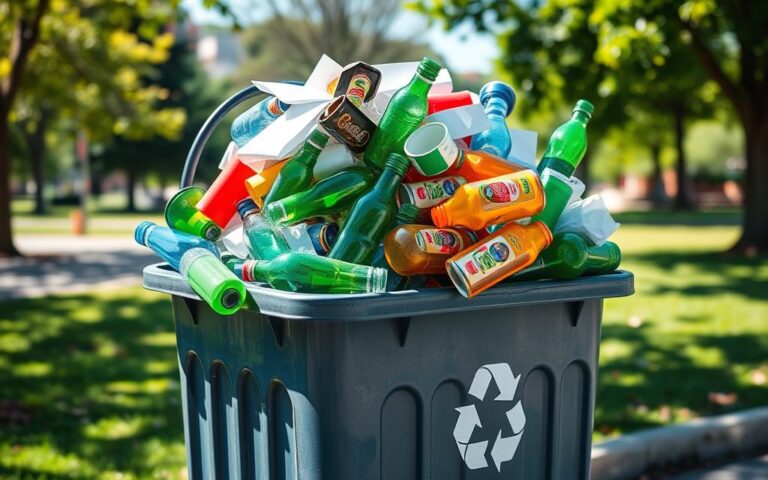
Today, getting access to recycling ways is key for a sustainable living. Many can get free recycling bins. These bins help us recycle things like…
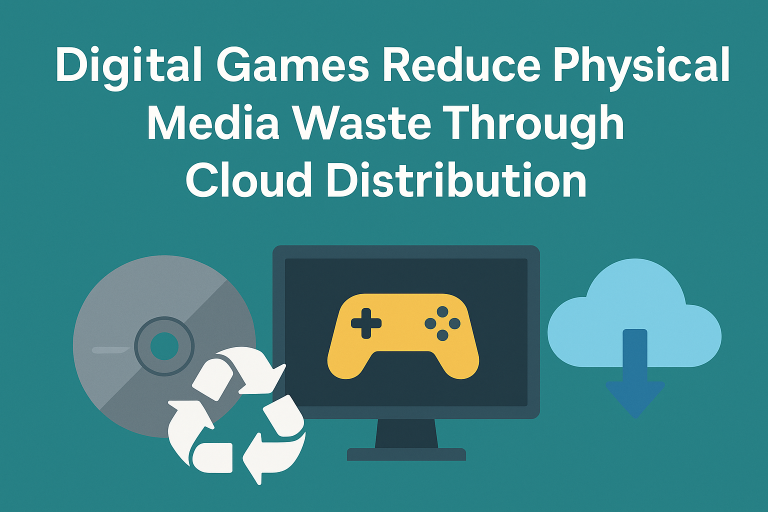
Over the last ten years, digital distribution has quietly reshaped the video game industry. There are no more big stacks of jewel cases and discs…
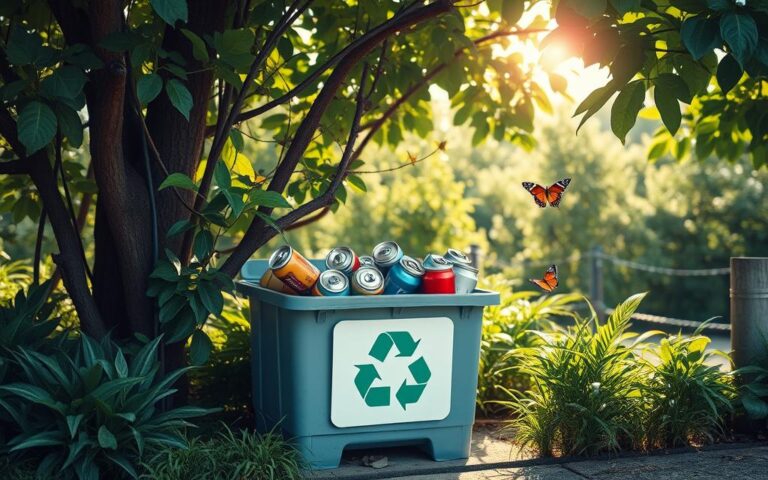
Aerosol cans are common in homes, used for everything from cleaners to beauty products. But, getting rid of them the right way is key. They…
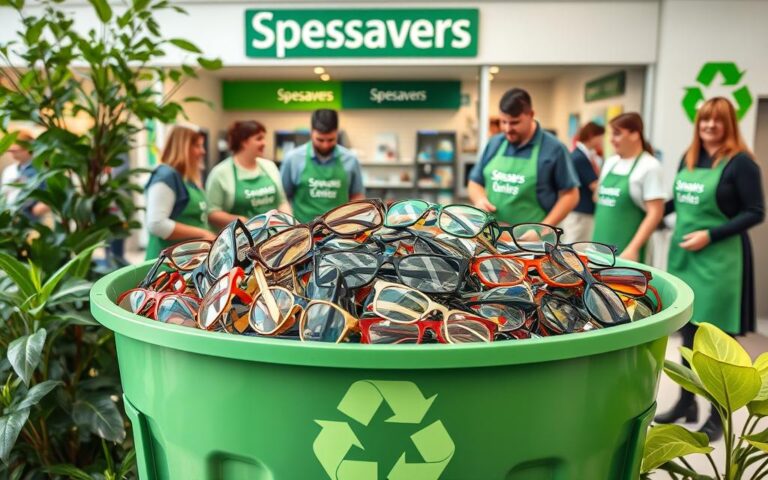
Over half of people in Britain use glasses. This means a lot of glasses get made. We need to think about how this affects our…
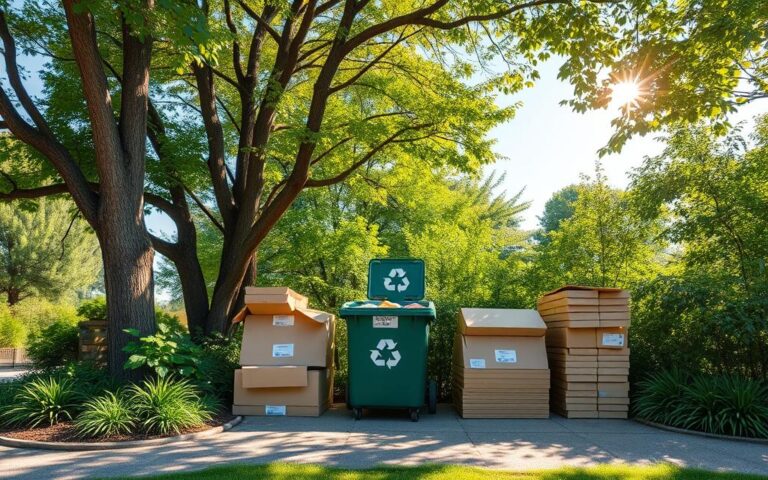
Recycling cardboard is a simple way to help our planet. Many people are looking for eco-friendly recycling options nearby. Colorado’s recycling rate is under 16%,…
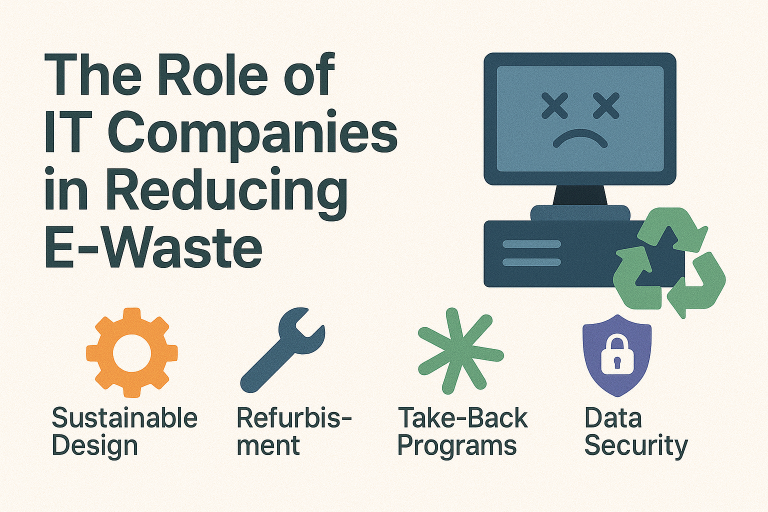
Electronic waste (e-waste) now grows faster than any other municipal waste stream. Globally we discard more than 50 million tonnes of unwanted devices every year,…

Now more than ever, we need good ways to get rid of waste safely. Many people are asking which pharmacies recycle blister packs. These items…

Did you know? An average gardener might have about 39 plastic plant pots. It’s key to recycle them to help the environment. In the past,…

As the holiday season nears, we see more waste, especially from wrapping paper. Many wonder if they can recycle Christmas wrapping paper. Not all wrapping…
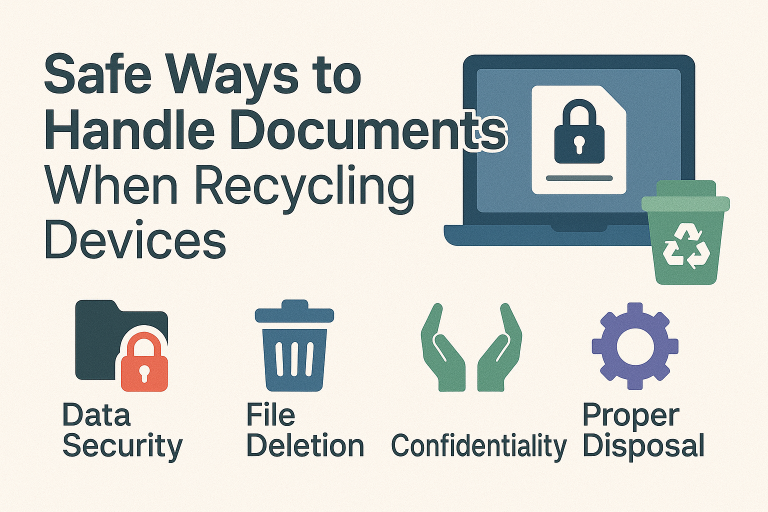
When recycling old computers, tablets, or smartphones, the documents stored on these devices can pose a major security risk. Personal information, financial records, and…

WhatsApp is a top messaging app that lets you easily connect with loved ones. Yet, many worry about losing vital messages because WhatsApp doesn’t have…
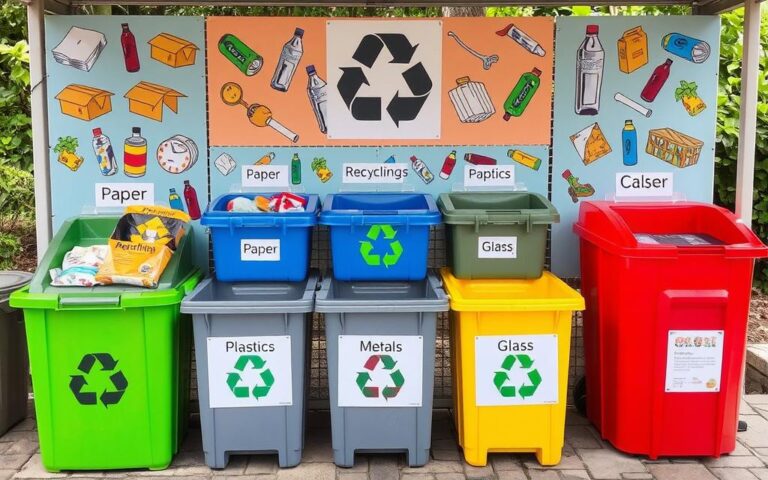
Recycling is more than a trend. It’s key to living in a way that helps both the earth and our future. Knowing what to put…
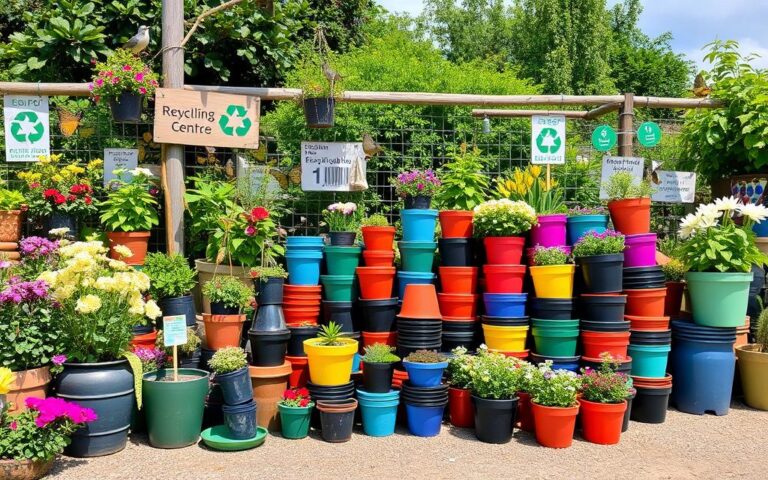
Gardening is more popular than ever, but it creates lots of plastic waste. Garden centres help by recycling plant pots and promoting eco-friendly disposal. About…

Many of us wonder if we can recycle wrapping paper in the UK. Around Christmas, the UK uses about 227,000 miles of wrapping paper. Sadly,…
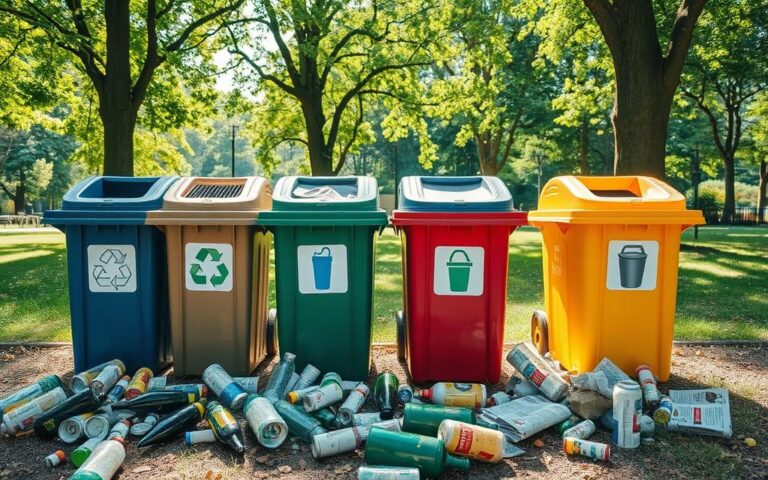
Recycling plays a key role in protecting our environment. It helps cut down waste and reduce carbon emissions. Knowing what items we can recycle is…
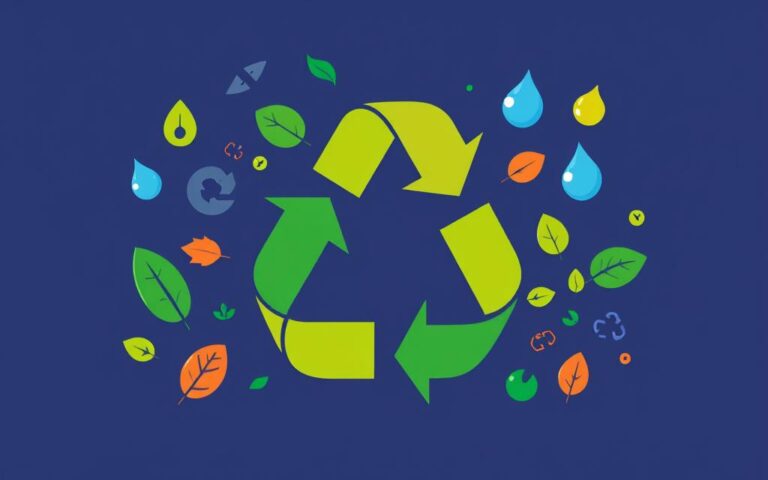
The recycling logo meaning is crucial in today’s eco-friendly efforts. Gary Anderson designed it in 1970 for an Earth Day contest. This symbol has three…
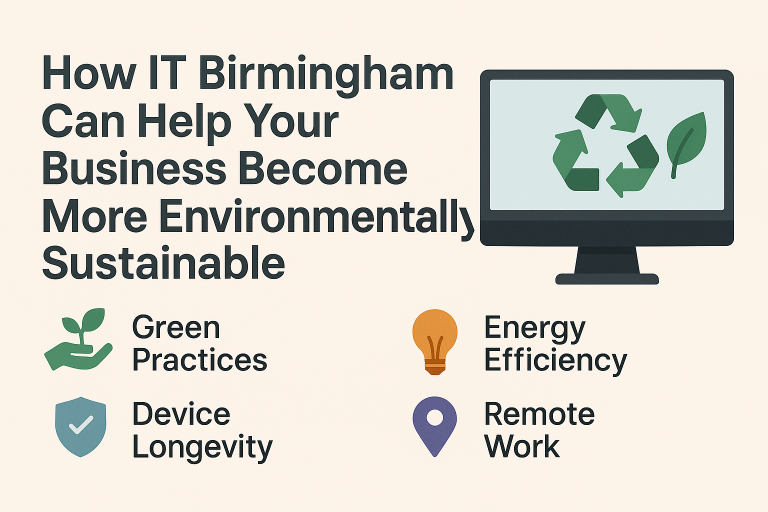
You usually don’t find ‘environmentally sustainable’ and ‘information technology’ (IT) in the same thought. After all, electronic waste occupies a considerable space in landfills worldwide….

Tupperware is essential for keeping food but raises concerns about its recyclability. The debate on plastic waste grows daily. Knowing the best way to dispose…
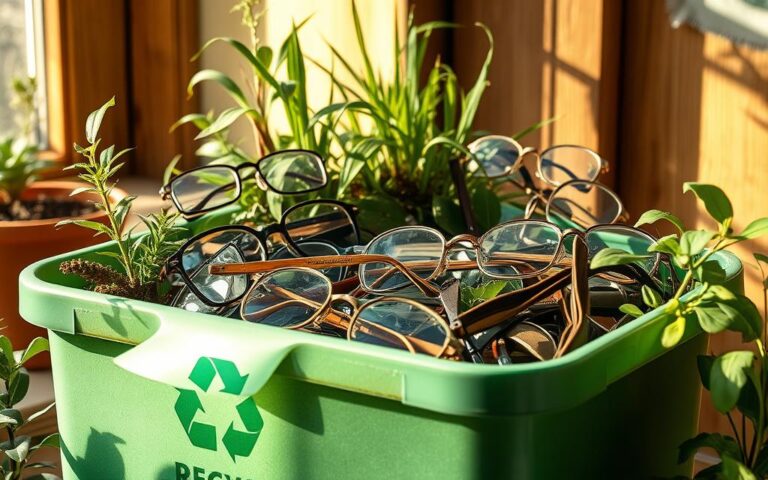
In the UK, over 46 million people use glasses, making the push for sustainable disposal crucial. Many don’t realise the environmental toll of throwing away…